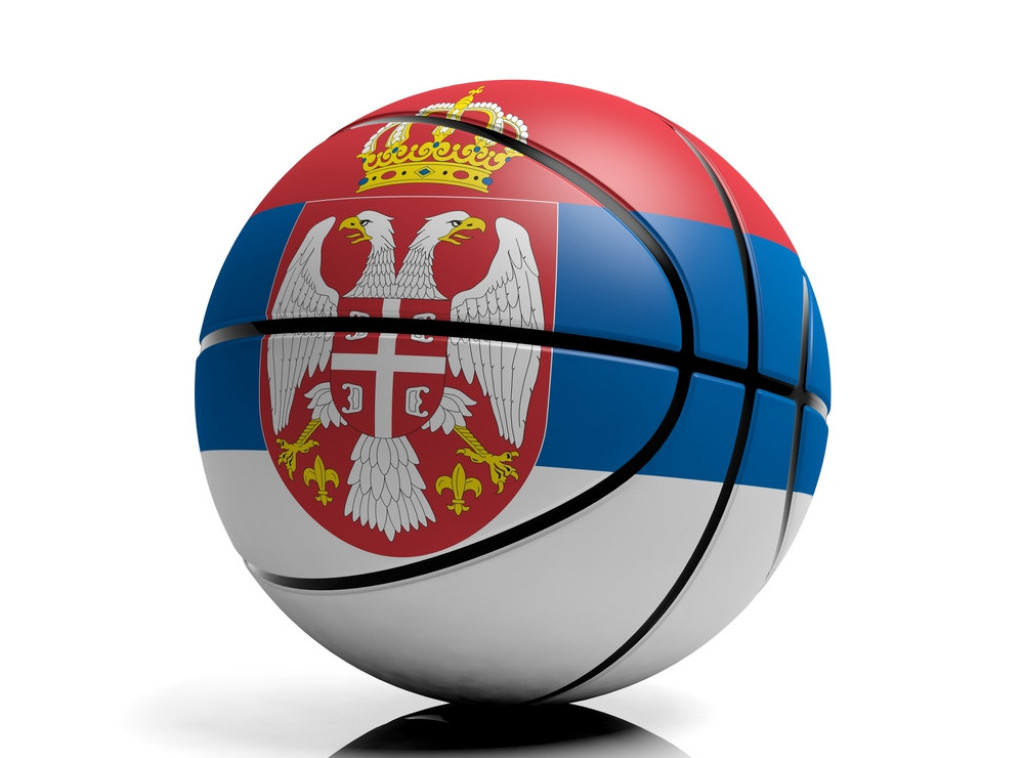Why is plastic pollution so dangerous for our seas? And what’s the most unexpected find in Venice’s canals? We asked Italian researcher Fantina Madricardo, who led a project using high-tech solutions to tackle the plastic crisis. Watch the video above.
Every day, waves of plastic litter sweep into our oceans, worsening a crisis that will plague the marine environment for centuries to come. From tiny microbeads to abandoned fishing nets, this tide of plastic pollution is choking marine life and making its way into our food chain.
Hundreds of marine species now face this deadly menu of plastic waste. Seabirds fill their stomachs with bottle caps instead of fish, and slowly starve. Sea turtles and other animals get entangled and die in abandoned nets. Scientists diving in the deepest parts of the ocean are finding decades-old plastic bags that look almost new.
The scale of this crisis is staggering. Currently, 626 million pieces of plastic are flowing into European seas every year. By 2040, experts warn that 37 million tonnes of plastic will pour into our oceans annually. A walk along any European beach shows the evidence – 80% of the trash is plastic packaging and small plastic items.
But what we can’t see might be even worse. Microplastics – tiny plastic fragments smaller than 5 mm in diameter – are everywhere. They’ve been found in Arctic ice, in the fish on our dinner plates, and even in human blood. The WWF estimates that microplastics make up 94% of the infamous Great Pacific Garbage Patch, a swirling vortex of ocean pollution that is larger than France.
Europe is taking action to slow the plastic tide, and some measures appear to be working: in 2022, Europeans used 14% fewer plastic bags than in 2021. New rules are banning single-use plastics like disposable cutlery and straws, and there is a push to halve the plastic pollution in the sea by 2030.
But with plastic production soaring worldwide, industries and communities across the globe will need to rethink their business practices and throwaway habits. Researchers point out that even small changes in behaviour – from recycling plastic bottles to embracing reusable bags – can help keep our oceans a little cleaner for the creatures that call them home, and for all of us who rely on healthy seas for our future.

 1 month ago
23
1 month ago
23






 We deliver critical software at unparalleled value and speed to help your business thrive
We deliver critical software at unparalleled value and speed to help your business thrive






 English (US) ·
English (US) ·